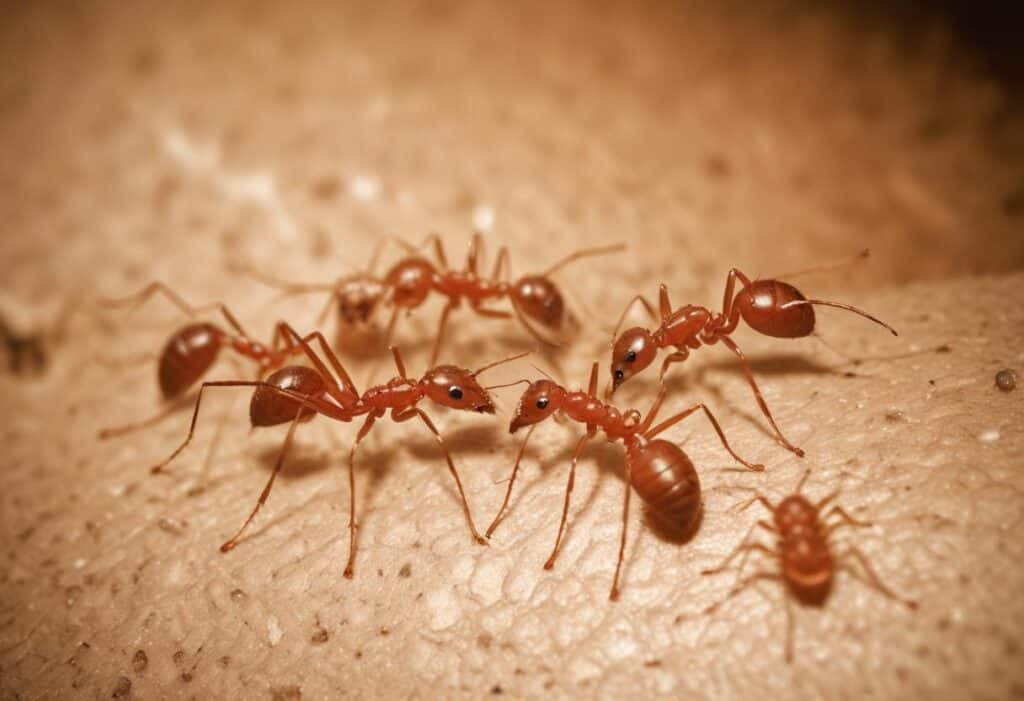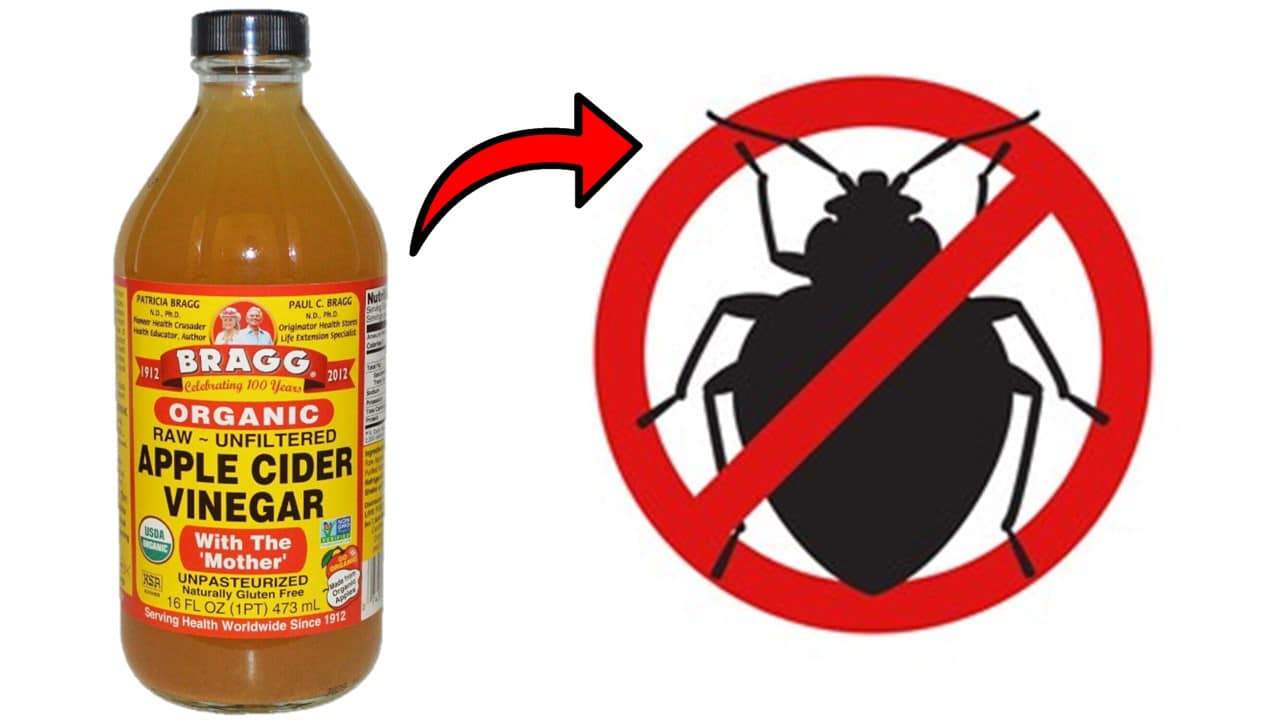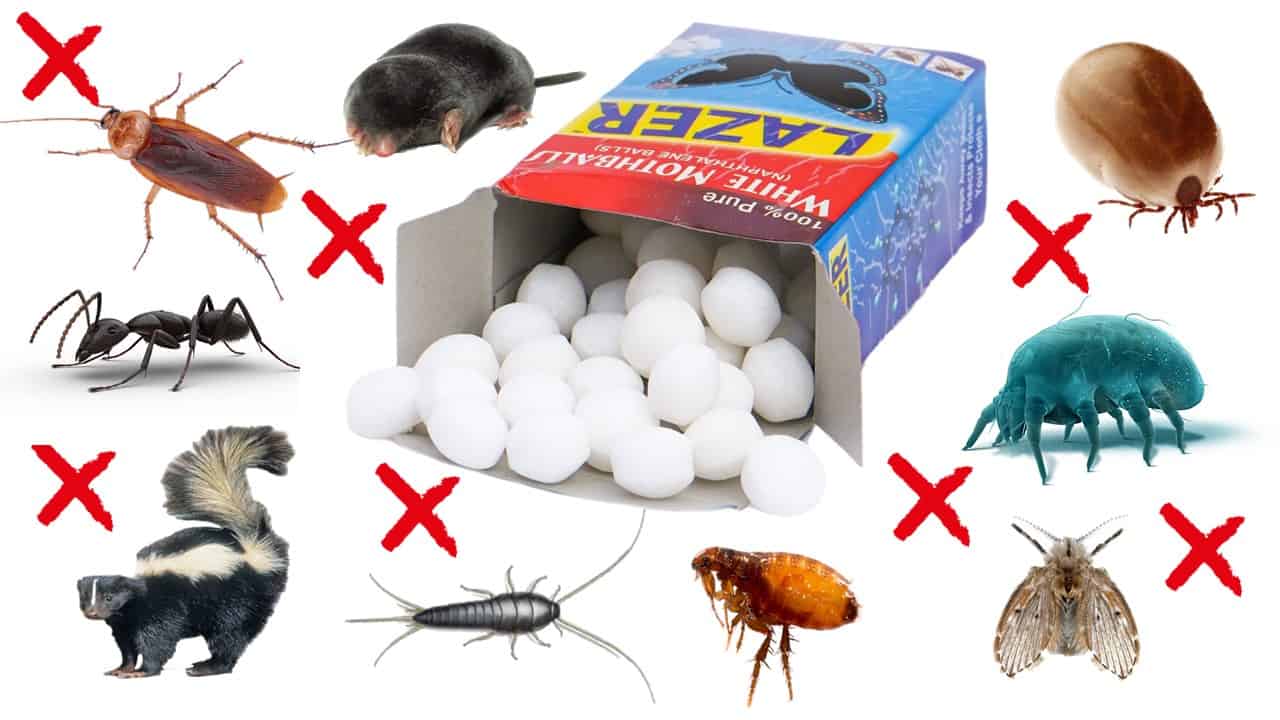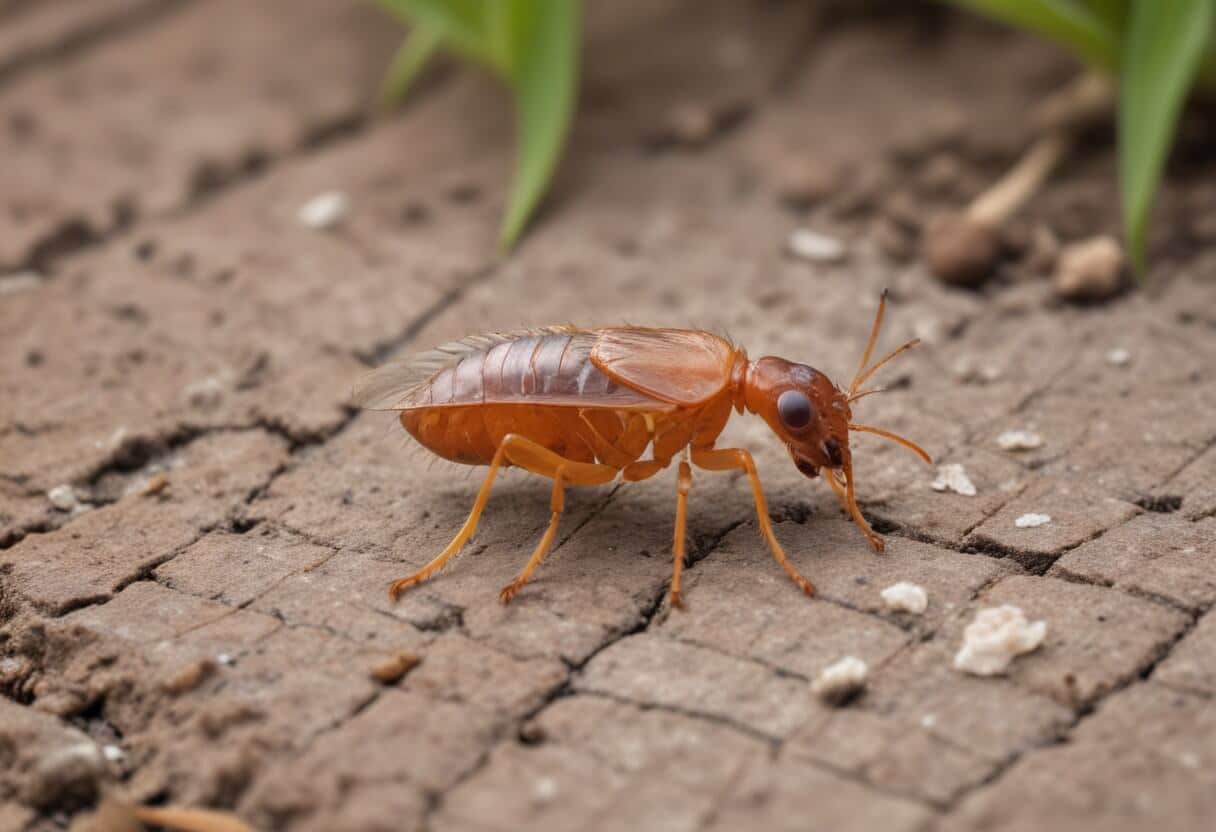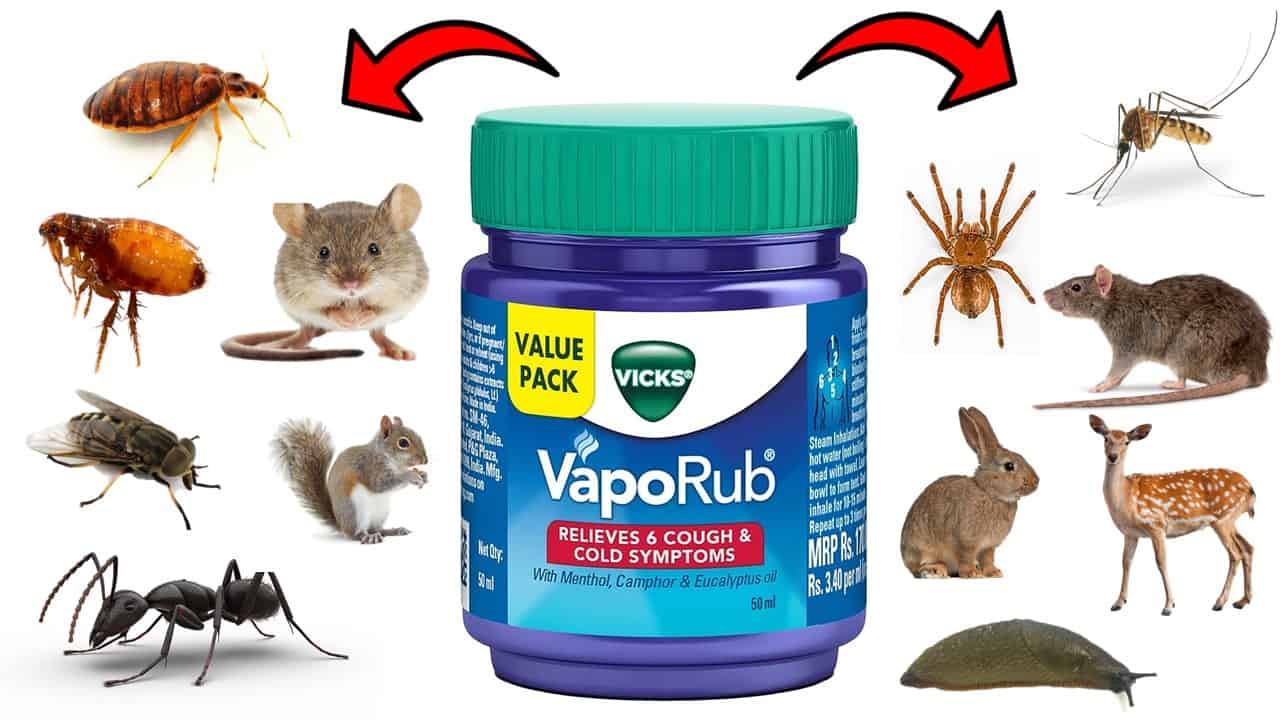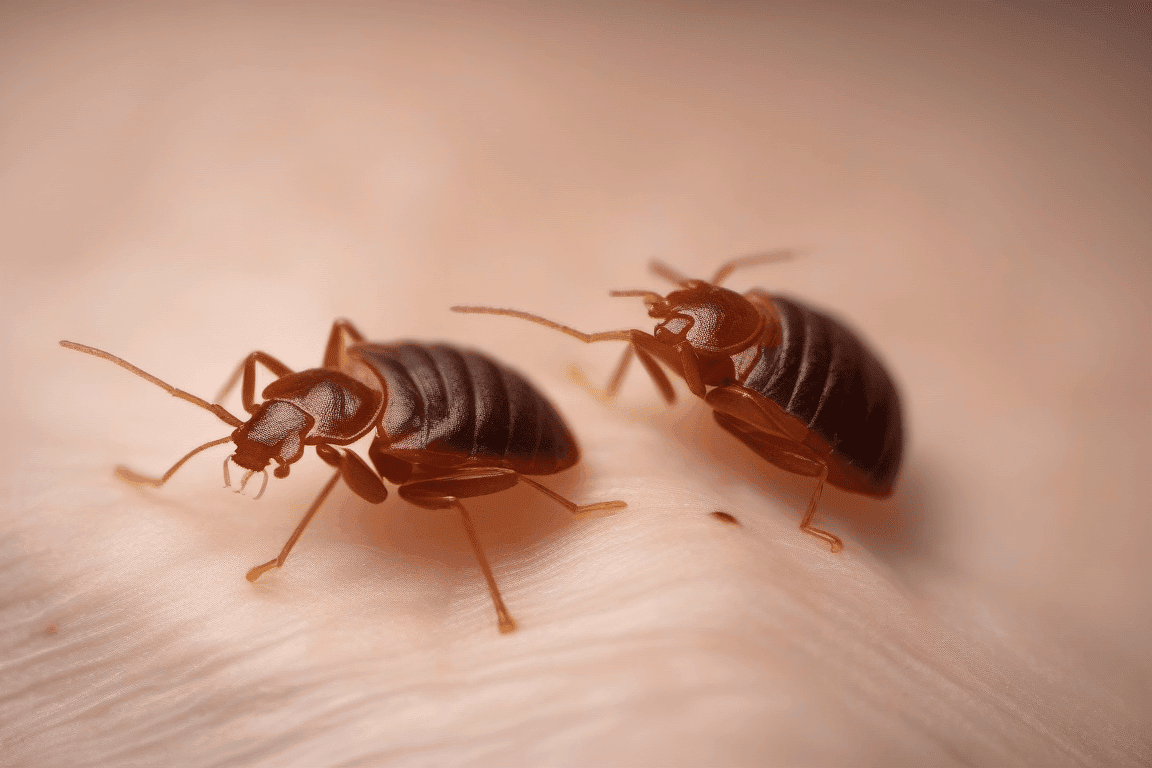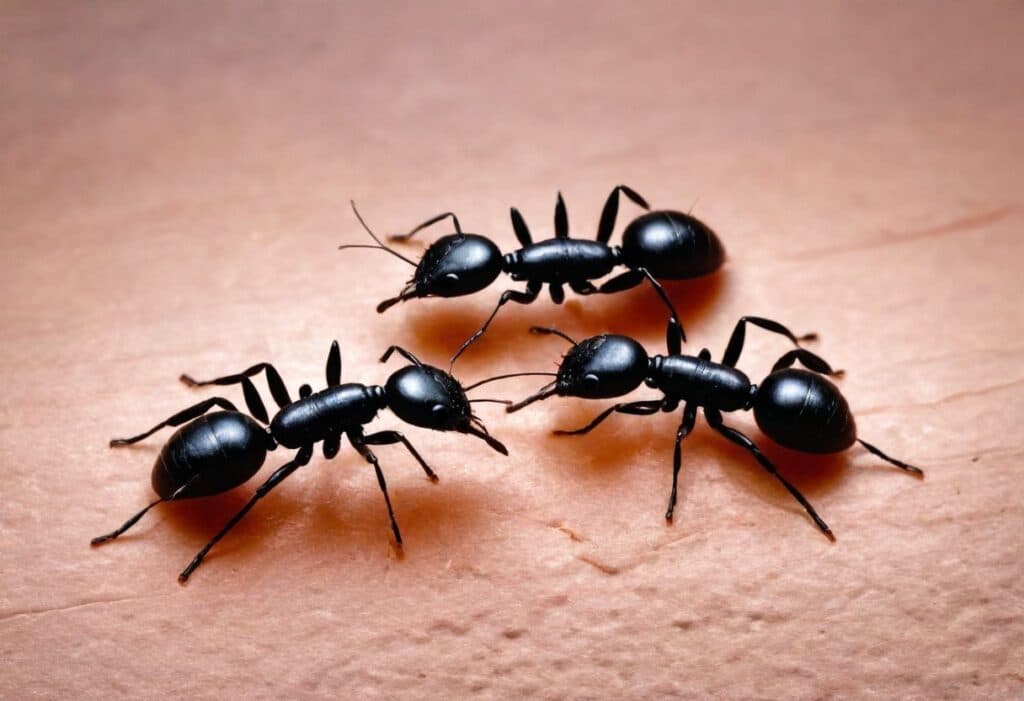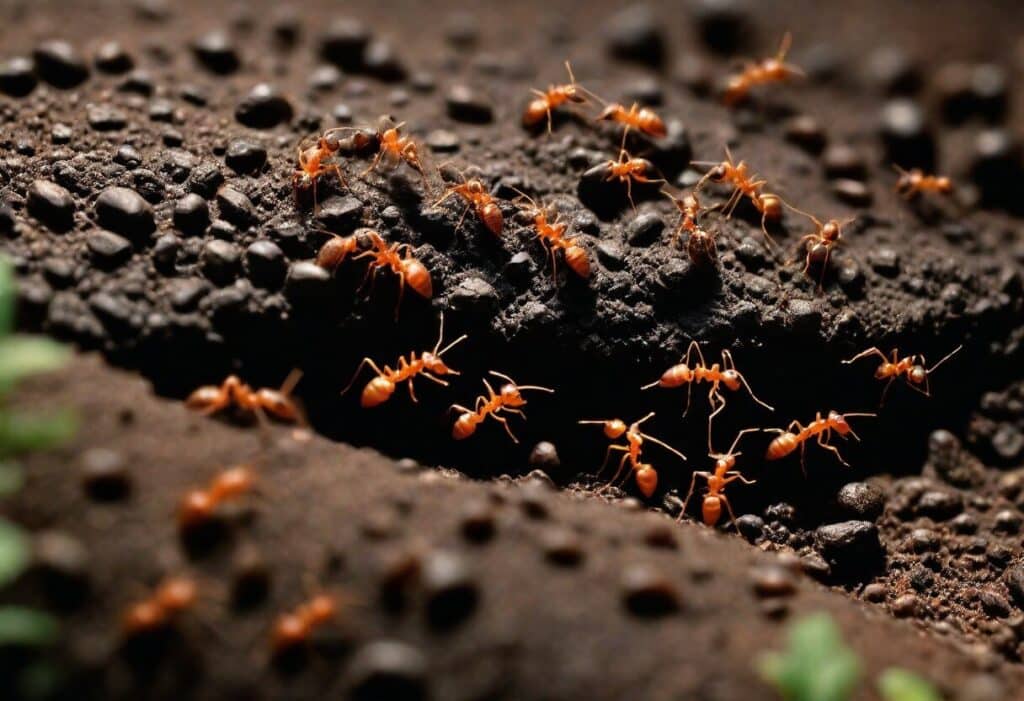Have you ever stepped barefoot on a fire ant mound? Ouch!
Those fiery stings can turn a walk in the park into a fiery nightmare.
Not to mention that a fire ant colony can contain millions of these aggressive ants. Yikes! If these flaming fiends invade your yard, don’t grab the pesticide just yet.
This is your ultimate guide to getting rid of fire ants. We will explore safe, effective methods to extinguish these fiery foes.
We will cover everything from creating your own DIY fire ant traps with surprising household ingredients to using the power of beneficial nematodes, nature’s tiny warriors against these invaders.
But that’s not all!
We’ll also uncover preventative measures to stop fire ants from setting up shop in your living space in the first place.
So grab a comfy seat, and let’s put out the fire ant fiasco for good!
Table of Contents
What are Fire Ants?
Fire ants, AKA Solenopsis invicta, are reddish-brown ant species with a distinctive physical appearance and behaviors.
These aggressive insects range from 1/8 to 1/4 of an inch in length, with workers smaller than the reproductive members.
Fire ants have a characteristic appearance with a two-segmented pedicel connecting their abdomen and thorax and a stinger at their rear end.
Their mandibles are strong, and these ants use them for gripping prey and injecting venom into victims or enemies. Fire ants display remarkable social organization within their colonies.
They are highly protective of their nests and will readily defend them by stinging any perceived threats repeatedly.
Moreover, fire ants are omnivorous creatures that forage for food above and below ground; they feed on proteins such as other insects, seeds, fruits, and even carrion.
This adaptability in diet and their resilient nature make fire ants formidable opponents when trying to eradicate them from your surroundings.
Now, let’s jump right into how you can eradicate fire ants from your home;
1. Diatomaceous earth
Diatomaceous earth is a natural substance composed of fossilized diatoms, making it a secret weapon against fire ants.
Its microscopic particles have sharp edges that puncture the exoskeletons of insects, dehydrating and ultimately killing them.
Unlike chemical pesticides, diatomaceous earth poses no threat to the environment or humans, making it a safe yet powerful solution for pest control.
Sprinkle this white powder around fire ant mounds or entry points into your home for an invisible barrier that disrupts their movement and eradicates colonies.
Not only does diatomaceous earth target fire ants, but it also kills other pests like fleas. Its unique mode of action qualifies it as an invaluable tool for those seeking non-toxic alternatives to manage insect infestations.
With its versatility and eco-friendly nature, diatomaceous earth embodies a sustainable approach to pest management that aligns with our growing consciousness towards preserving the environment.
2. Boiling water
Boiling water is a simple yet powerful tool in the fight against fire ants.
The bubbling action of water, when poured over ant mounds, can eradicate these troublesome pests for good.
As the hot water seeps into their intricate tunnel networks, it scalds and suffocates the ants, disrupting their colonies from within.
Furthermore, this method is environmentally friendly and requires minimal effort and resources.
Harnessing the heat of boiling water addresses fire ant infestations without harmful chemicals or expensive treatments.
It’s a prime example of how nature’s elements can help combat unwanted intruders in our surroundings.
3. Orange peels
If you don’t know orange peels are a powerful natural remedy against fire ants, you are in for a surprise.
These citrus wonders contain toxic compounds to these pesky pests, making them an effective solution for ant infestations.
Instead of reaching for harmful chemicals, try spreading orange peels around ant mounds or entry points to deter them from invading your space.
Its strong scent repels ants and adds a pleasant aroma to your surroundings.
Moreover, the oils in orange peels disrupt the ants’ communication and foraging trails, causing confusion among the colony and leading to their dispersal.
Orange peels repel fire ants without harming other beneficial insects or contaminating the environment with harmful toxins.
Embracing this simple yet potent method protects your home and promotes a safer and more sustainable approach to pest control.
4. Club soda
Popularly known as a cocktail mixer or a refreshing drink, club soda can also be an effective natural remedy in your battle against fire ants.
Apart from its bubbly effervescence, club soda contains carbon dioxide.
When poured over ant mounds, carbon dioxide disrupts their oxygen supply, suffocating the ants and eventually killing them.
This method is safe and provides a quick solution without harmful chemicals.
Besides, the slight acidity of club soda helps break down the outer protective layer of fire ant exoskeletons, making them more vulnerable to dehydration and environmental stress.
Utilize club soda as part of your strategy to eliminate fire ants.
Next time you spot those pesky fire ant mounds in your yard, consider reaching for a bottle of club soda instead of toxic chemicals.

5. Cayenne pepper
The fiery heat of cayenne pepper isn’t just for adding spice to your favorite dishes – it can also be a potent weapon against fire ants.
This powerhouse ingredient contains capsaicin, a compound that disrupts the nervous system of ants and causes them to flee their nests.
Sprinkle the pepper in ant-infested areas to repel these pests without harming the environment.
Furthermore, cayenne pepper’s natural properties make it an eco-friendly and sustainable solution for controlling fire ant populations.
Its pungency makes it perfect for discouraging ants from establishing colonies in your yard or home.
Embracing the power of this humble spice keeps your surroundings free from fire ants and promotes a safer and healthier environment for all living creatures.
6. Beneficial nematodes
Beneficial nematodes are microscopic worms that can help control pest populations, including fire ants.
These natural predators seek out and infect various pests, releasing bacteria that kill their host.
What’s fascinating about them is that beneficial nematodes specifically target harmful insects while leaving beneficial ones unharmed, making them an environmentally friendly pest control option.
These tiny warriors can reach inaccessible areas where fire ants and their larvae hide, ensuring thorough eradication of the pest population.
Harnessing the power of these beneficial nematodes combat fire ants and promote a balanced ecosystem.
These biological control agents underscore the importance of sustainability in pest management practices and highlight the intricate web of interactions within nature that we can leverage to our advantage.
7. Clean your home by eliminating food and water sources
One of the most effective ways to eliminate fire ants is to eliminate their primary food and water sources in your home.
Start by keeping your kitchen clean and free of crumbs or spills that might attract these pests. Store all food in tightly sealed containers to prevent access to ants.
Remember, tiny liquid drops can be a water source for fire ants.
So, make sure to fix any leaks or drips in your plumbing. Also, regularly empty and clean pet water bowls to remove any potential water supply for the ants.
Removing these essential resources for the fire ants disrupts their colony and forces them to search elsewhere for sustenance.
This proactive approach helps manage and keep these pesky insects out of your home.
8. Lemon juice and water
Lemon juice, when mixed with water, is a powerful natural remedy for repelling fire ants.
The acidic nature of lemon juice disrupts the scent trails ants use to communicate and navigate, deterring them from invading your space.
Dilute the lemon juice in water and spray the solution around ant mounds or entry points for a barrier these pests will avoid.
Meanwhile, the refreshing scent of lemon can uplift your mood while serving as a functional pest control solution.
This eco-friendly approach keeps fire ants at bay and minimizes harm to other beneficial insects in your garden.
Deploying the potency of lemon juice and water showcases how simple household ingredients can work wonders in managing pest infestations.
9. White vinegar and water
Many have long regarded white vinegar and water solution as an ideal, natural remedy for combating fire ants.
The acidity of white vinegar disrupts the ants’ scent trails, making them lose their direction and causing confusion within the colony.
When mixed with water, spray this solution directly onto ant mounds or areas where ants frequent, dissuading them from nesting or foraging in those spaces.
Besides, this combo of white vinegar and water can also serve as a handy all-purpose cleaner for your home.
This dual functionality adds value to these simple ingredients by promoting sustainability and reducing reliance on harsh chemicals.
Conclusion
Dealing with fire ants may require patience and experimentation, but the results are well worth the effort.
Diatomaceous earth, boiling water, or citrus oil can help keep these pesky insects at bay without harmful chemicals.
Remember to stay consistent with your treatments and persist in your effort to control the infestation.
Next time you see those fiery little devils marching across your yard, arm yourself with these natural solutions and show them who’s boss!
Don’t allow those fire ants to ruin your outdoor fun – take control of the situation and enjoy an ant-free environment!

